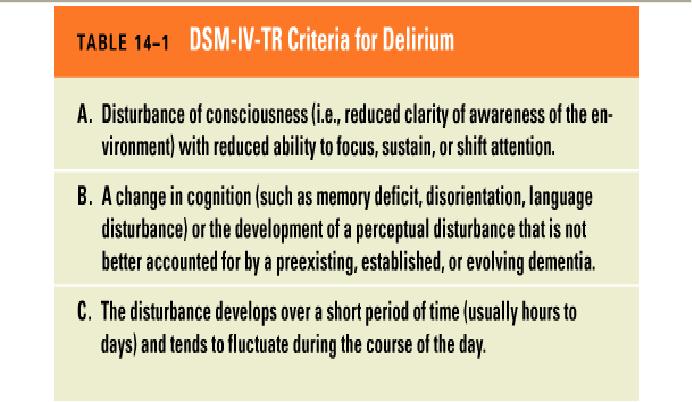
Dementia is commonest among elderly individuals where an estimated 5% of the total population above 65 years of age is involved. These are accompanied by problems with control of emotions and behavior. It entails a disturbance of memory, thinking, learning ability, language, judgment, orientation and comprehension. Dementia h as a set of symptoms that may be progressive (most commonly) or static resulting from degeneration of the cerebral cortex, which controls the “higher” brain functions. Korsakoff amnesia results from chronic alcoholism.ĭementia features an impairment of all cognitive functions beyond that due to normal ageing. Lacunar amnesia features loss of memory of a single event. Post traumatic amnesia after severe head injury may be retrograde, anterograde or mixed.ĭissociative amnesia is psychological. There is a time limit to retrograde amnesia. Retrograde amnesia features an inability to recall memories before the event. Anterograde amnesia cannot be treated by drugs due to neuronal loss. Medial diencephalon and medial temporal lobe deals with new memory formation. There are many types of amnesia.Īnterograde amnesia features the inability to retain new memories while formed memories are intact. It is important to note that certain head injuries can result in physical brain defects. First two reasons are commoner than the third.

Memory loss can be due to head injury, traumatic life experiences, and physical defects of the brain.

This article will talk in detail about amnesia and dementia and the differences between them, highlighting their clinical features, symptoms, causes, and also the treatment/care they require.Īmnesia is memory loss. Amnesia is only memory loss while dementia features a global loss of higher brain functions. Both amnesia and dementia are conditions of brain function, but they are two different conditions.


 0 kommentar(er)
0 kommentar(er)
